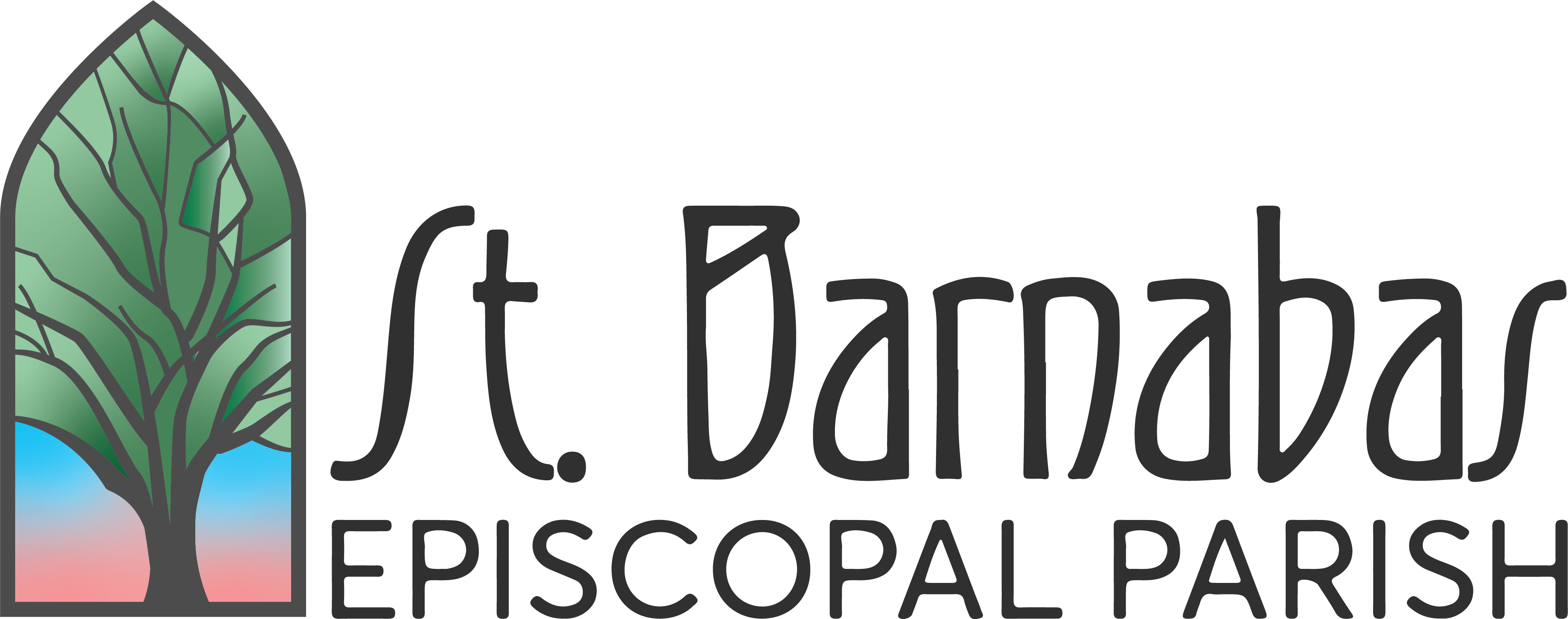About
Who We Are
OUR VISION: We seek to walk beside Jesus, grow our faith, and live into God’s love in a welcoming and accepting community.
OUR MISSION: We experience God’s redeeming love in all and through all and respond to that love through faithful worship, life-long spiritual growth, and committed outreach. Our community shares a progressive faith, opens our arms to all seekers, and works to make the world more just.
In Practical Terms…
We walk a path of life-long learning and exploration of our personal faith, seeking authentic and deeper relationships with God.
We invite all from across God’s gloriously diverse spectrum of humanity to join our family and connect with us as we practice an expansive Christianity supported by Scripture, tradition, and reason.
We strive to be God’s hands in the world, working to restore the dignity and integrity of our Earth and all creation with selfless love.
We promote equity, justice, and peace among all people, advocating for social change in solidarity with those who are marginalized.
We draw upon the time, talent, and treasure of our community to continue St. Barnabas’ legacy as a faithful center for gathering and outreach.
"It's time for us Christians to step up our game. Real life and death issues are staring us all in the face daily, and by virtue of our collective denial or silence, they continue to cause suffering for all of us."
-Bishop Rob O'Neill
Tenth Bishop of Colorado
What is "Episcopal"?
A Little Bit About The Episcopal Church
As Episcopalians we affirm that all are beloved children of God. All -- LGBTQIA+ and straight, every race and ethnicity, women and men, young and old, able and challenged -- all are welcome to be followers of Jesus Christ our Lord in the Triune mystery of God. We celebrate our unity in Christ while honoring our differences, always putting the work of love before uniformity of opinion. We strive to love our neighbors as ourselves and respect the dignity of every person.
The Episcopal Church has members in the United States, as well as in Central America, South America, the Caribbean, Europe, and Asia. The Episcopal Church is part of the worldwide Anglican Communion, and traces its heritage to the beginnings of Christianity in England.
Our liturgy (worship) retains ancient structure and traditions and is celebrated in many languages. Holy Communion is the center of our weekly liturgical celebration and may be received by all baptized Christians, not only members of the Episcopal Church. We uphold the Bible as instructive for faith and life and worship with the Book of Common Prayer.
Both men and women, including those who are married, are eligible to be for ordination as deacons, priests and bishops. Lay people exercise a vital role in the democratic governance and ministry of our church.
We believe in amendment of life, the forgiveness of sin, and life everlasting.
We affirm that committed relationships, both opposite- and same-gender relationships, are lifelong and monogamous. Episcopalians also recognize that there is grace after divorce and do not deny the sacraments to those who have been divorced.
We affirm that issues such as reproductive care and birth control are matters of personal informed conscience and spiritually grounded pastoral care.
All are welcome to find a spiritual home in the Episcopal Church.
More Good Stuff
The Episcopal Church -- Who We Are
Why Should I Be An Episcopalian?
Presiding Bishop Curry reflects on our challenges
Community Covenant
In our baptismal covenant, we are called to “respect the dignity of every human being.” Here are some simple Rules for Respect for community interactions. I pledge to hold myself accountable to these rules and invite you to do the same as we share our lives together.
~Fr. Jeffrey Nelson+
-
If you have a problem with me, come to me (privately).
-
If I have a problem with you, I will come to you (privately).
-
If someone has a problem with me and comes to you, send them to me. (I’ll do the same for you.)
-
If someone consistently will not come to me, say, “Let’s go to Fr. Jeffrey together. I am sure he will see us about this.” (I will do the same for you.)
-
Be careful how you interpret me—I’d rather do that. On matters that are unclear, do not feel pressured to interpret my feelings or thoughts. It is easy to misinterpret intentions. Assume the best of me and ask if you have questions about my intentions.
-
I will be careful how I interpret you. I will assume the best of you and ask if I have questions about your intentions.
-
If it’s confidential, don’t tell. If you or anyone comes to me in confidence, I won’t tell unless: a.) the person is going to harm himself/herself; b.) the person is going to physically harm someone else; c.) a child or senior has been physically or sexually abused. I expect the same from you.
-
I do not read unsigned letters or notes.
-
I do not manipulate; I will not be manipulated; do not let others manipulate you. Do not let others manipulate me through you. I will not preach “at you.” I will leave conviction to the Holy Spirit. (She does it better anyway!)
-
When in doubt, just say it. The only dumb questions are those that don’t get asked. Our relationships with one another, at the end of the day, are the most important things, so if you have a concern, pray, and then (if led) speak up. If I can answer it without misrepresenting something, someone, or breaking a confidence, I will.
-
Pray for one another. That’s not just a throwaway line. Lifting one another to God in prayer is how we learn, slowly and sometimes painfully, but ultimately joyfully, to see each other with God’s eyes, hear each other with God’s ears and love each other with God’s heart. Pray for each other, for our leadership team, and for our wider community.
*Adapted from the web site of St. Mark’s Episcopal Cathedral in Minneapolis.

